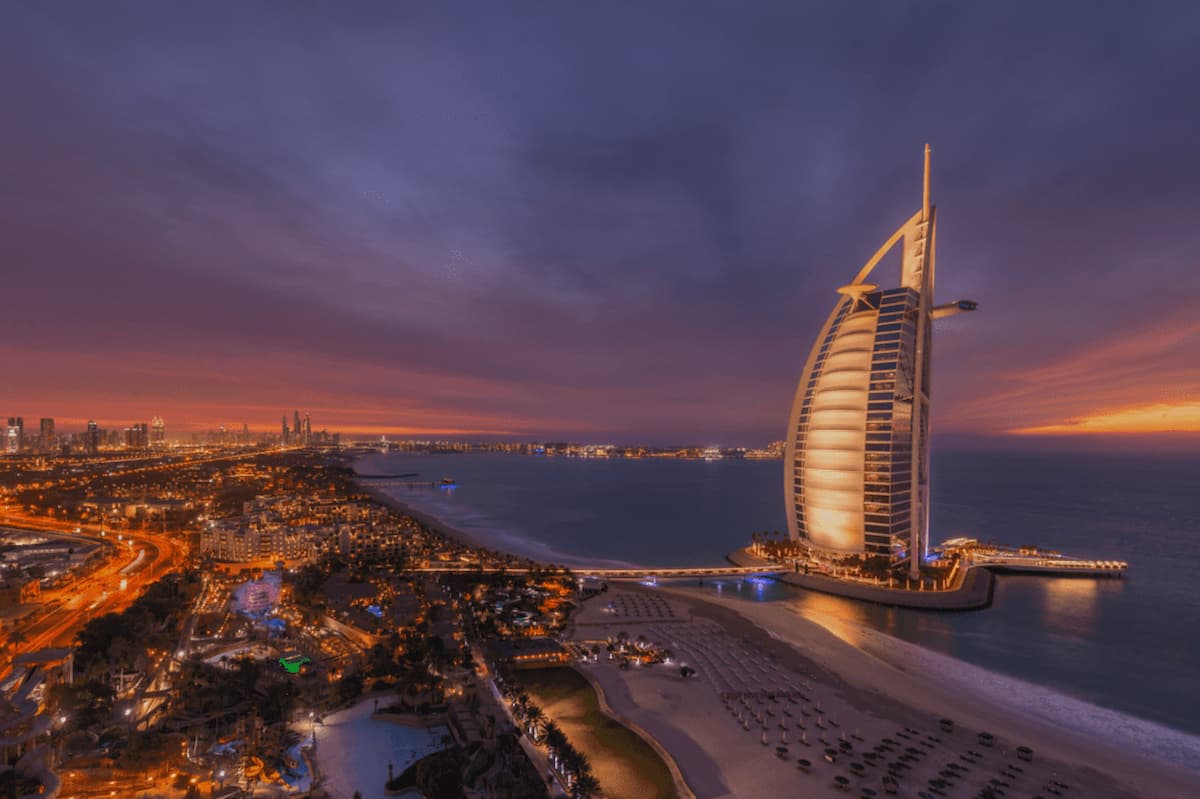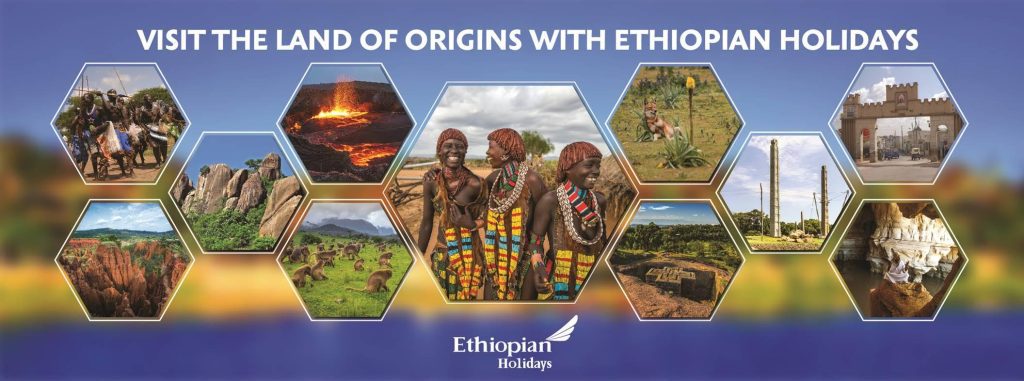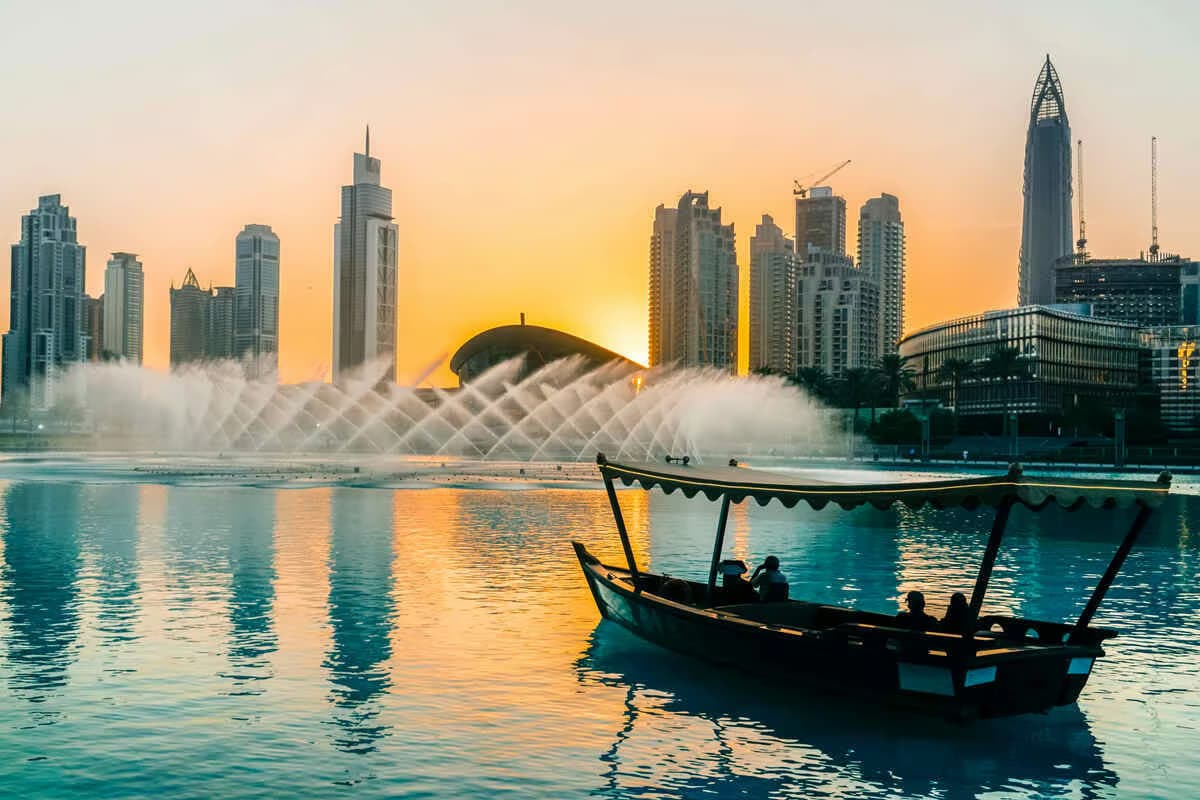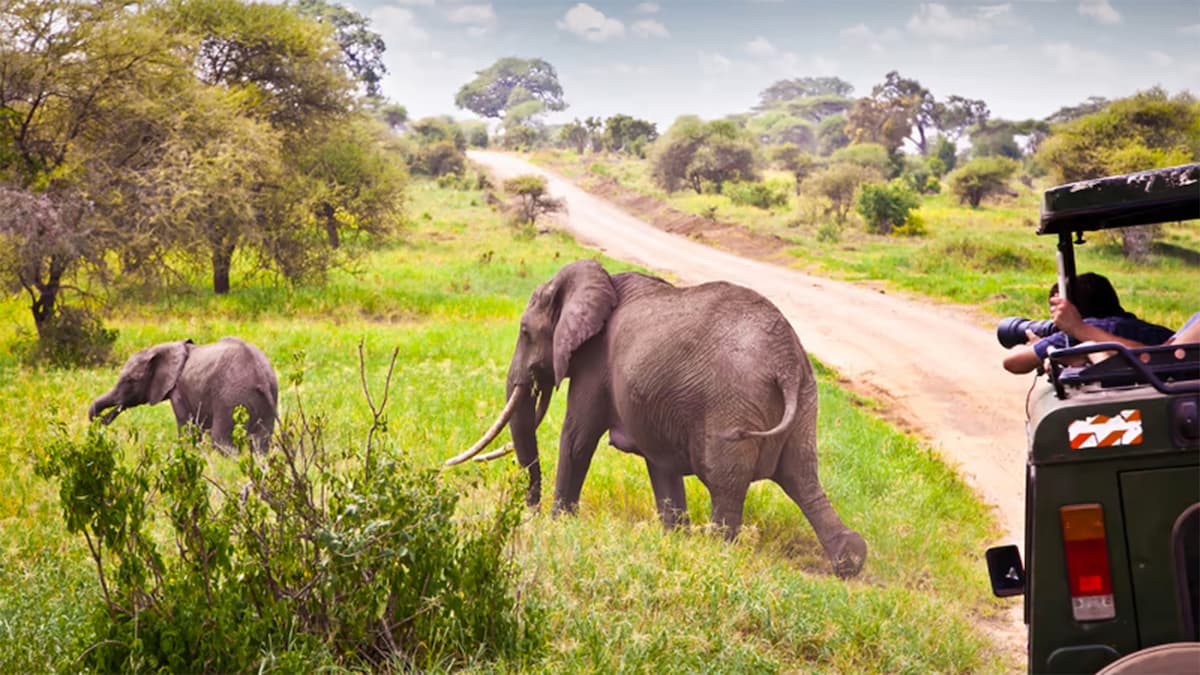For decades, Kenya’s tourism offering was largely centred on wildlife and the beach destination. However, the ‘beach and bush’ experience has become cliché with many other countries on the continent offering similar packages.
The Kenya Tourism Board, the main organ marketing the country as a key destination has been forced to think outside the box and leverage on other activities to reel in the numbers.
Sports tourism seems to be on the rise, with the country hosting high-level events that have become crowd-pullers in recent times.
We take a look at some of these events and how they are slowly but steadily drawing in the much-needed foreign currency.
Magical Kenya Open
Muthaiga Golf Club is the theatre where 144 golfing greats are sweating it out in this year’s Kenya Open golf championship as part of the DP World Tour.
The game has a long history in Kenya. The first tournament was played in the same grounds in 1967 and was won by Englishman, Guy Wolstenholme.
Since then, several winners have gone ahead to record resounding success on the European Tour. There is always prize money to be won and this year, it totals close to $3 million (Sh436 million), no small change for chasing a small ball down the fairways for four days.
However, the players are also attracted by the country’s beauty and usually take a few days before and after the tournament to tour the country.
The international players also bring with them a host of personnel who in turn inject some cash into the local economy through tourism.
Magical Kenya Ladies Open
Like the Magical Kenya Open, the Ladies Open has become a crowd puller despite being played at the Baobab Course in Vipingo Ridge with the hot and humid atmosphere.
The championship began in 2019 and has become a signature event in the global golfing calendar, attracting viewership in over 350 million homes in 80 countries.
Since 2020, Vipingo Ridge has been a wildlife sanctuary and if you have followed the tournament that concluded a few days ago, you might have noticed how giraffes interrupted play several times.
There can be no better tourism marketing ambassadors than such animals strutting across the greens without a care in the world. In any case, are they not the real stakeholders in tourism?
WRC Safari Rally
The Safari Rally is no doubt one of the toughest rallies on earth. It is also an event that has put the country on top of the sporting world.
But did you know that the rally was born out of a dispute between two cousins? Yes, Eric Cecil, as the story goes, was having a drink with his cousin Neil Vincent in a Limuru bar when the topic of motor racing came up.
Cecil was working for the East African Automobile Association and needed to know why Vincent never competed in the newly-created Langa Langa circuit in Nakuru.
Vincent’s reply? “I can imagine nothing more boring than driving round and round the same piece of track. But if you will organise an event where we get into our cars, slam the door, go halfway across Africa and back and the first car home is a winner, I will be in it.” That, to Vincent, was the utmost test between man and machine.
But Cecil faced a backlash from his bosses at the Automobile Association who told him company employees were there to “serve the general motoring fraternity and not some crazy ideas of cowboys.”
It took the death of King George 1 of England on the night of February 5-6 1952 with his young daughter, Elizabeth Alexander Mary ascending to the throne to convince naysayers about staging a rally in her honour. The first edition in 1953 was aptly named ‘The Coronation Rally’.
For decades, the fast cars zoomed in villages across the country before the event was downgraded to a Kenyan event.
In 2021, it returned to the World Rally Championship (WRC) calendar, and this year, it will start from the iconic Kenyatta International Convention Centre, KICC.
It will also be held from March 28 to 31, reclaiming its traditional spot as an Easter event and creating a “more successful and memorable experience”, according to WRC Safari Rally Kenya event Director Jim Kahumbura.
With each driver supported by a crew of about 100 and foreign journalists in tow, few events command global attention as the Safari Rally with this year’s event earmarked to hit the 100 million viewership mark.
East African Safari Classic Rally
This is the offshoot of the Safari Rally whose aim was to “revive the spirit of the original rally and cater to the classic car enthusiasts”.
The rally traverses through some of East Africa’s most scenic landscapes such as The Great Rift Valley and Amboseli in Kenya with spectacular views of Mount Kilimanjaro.
The rally has attracted key figures who previously raced in the Safari Rally such as Bjorn Waldegaard, Ian Duncan and Stiq Blomqvist. The effects of the rally on local tourism are no different from its sister event.
Participants and their crew members spend thousands of dollars on local communities during the event in terms of accommodation, meals, game drives and purchasing cultural artefacts.
Kip Keino Classic
On April 20, 2024, the fifth edition of the Kip Keino Classic will be staged at Nyayo National Stadium as part of the Continental Tour Gold series by World Athletics. It attracts athletes from all over the world thus giving it a global status.
In the last few events, hordes of foreign athletes and other sports enthusiasts have been seen thronging Nairobi National Park, the only wildlife park within the confines of a capital city.
Source: Standard Media.













